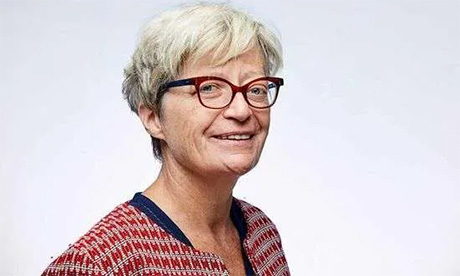Hard times for bishops!
For those who are used to the generally compliant tones that have characterized the Catholic faithful’s relationship to the hierarchy up till now, it must be said that this is changing.
Bishops in France are now being directly and harshly criticized by “ordinary Catholics” following the publication of the Sauvé Report, which brought to light serious failures in the way Church leaders in the country have handled sex abuse cases.
Increasingly, Catholics are openly challenging the legitimacy of their bishops. The lay faithful no longer tolerate the excesses of solitary power.
They also want to have a say and, in particular, they want to be a part of the process that decides who becomes a bishop.
Because the entire paradox is there. In the Church, the bishop is all-powerful.
It’s ludicrous to think the pope can appoint all the world’s bishops
No matter how brutal it is to call this into question, it is merely a backlash against a system of governance where power is concentrated in the hands of one man who holds all the keys to a diocese.
If a bishop makes a mistake or if he is not up to the task, it is the entire Catholic community that has to pay the consequences.
And the local Church is permanently penalized.
In view of the importance of the position, choosing the wrong man can end up being disastrous.
The appointment of bishops is undoubtedly one of the Church’s most archaic procedures. It’s ludicrous to think that the pope can individually appoint them all.
If we take into account that there are more than 5,000 bishops in the world, we can see that even a pope who never sleeps could never accomplish this task.
A process protected by the “pontifical secret”
Bishops are actually chosen by the papal nuncio — the pope’s ambassador in a country — or by influential cardinals or bishops in Rome. Or by a combination of the above.
The process of selecting the candidates remains confidential, even ultra-confidential since it is protected by the famous “pontifical secret”.
This means that those who are consulted for these appointments must not tell anyone that they have been contacted. They are not to disclose the criteria by which the candidate is vetted, nor what questions they have been asked.
One must obey the pontifical secret on pain of ex-communication, the Catholic Church’s most serious penalty.
So, in the end, it’s mostly bishops and priests who are consulted.
The questionnaire they are given aims to ensure that the candidate for bishop has no notable faults.
He must be totally orthodox in doctrine, never have spoken in favour of ordaining married men (let alone women), be “emotionally balanced”, have an authentic prayer life and so on.
In short, the aim is more about avoiding problematic cases than making a choice based on positive criteria that reveal a real capacity to exercise future responsibilities.
Those most affected have no say
The system for choosing bishops was never revised after the Second Vatican Council (1962-65). It remains clerical and lacks transparency.
Of course, the first among them – the Bishop of Rome – is actually elected.
Admittedly this election process takes place in the secrecy of the conclave. But it involves real debates and discussions in a collegial process that can give rise to several rounds of voting.
However, when it comes to choosing diocesan bishops, the Catholic faithful – those most affected by the choice – have absolutely no say.
We are not asking the Church to organize elections in every diocese! But between an open democratic process and a monolithic centralized appointment policy, a happy medium should be possible.
At the very least, the Church could come up with a guide of good practices.
The religious peculiarity of the institution does not justify the anachronistic way it appoints its spiritual leaders.
- Isabelle de Gaulmyn is editor-in-chief of La Croix L’Hebdo weekly magazine and is a former Vatican correspondent.
- First published in La-Croix International. Republished with permission.
News category: Analysis and Comment.




